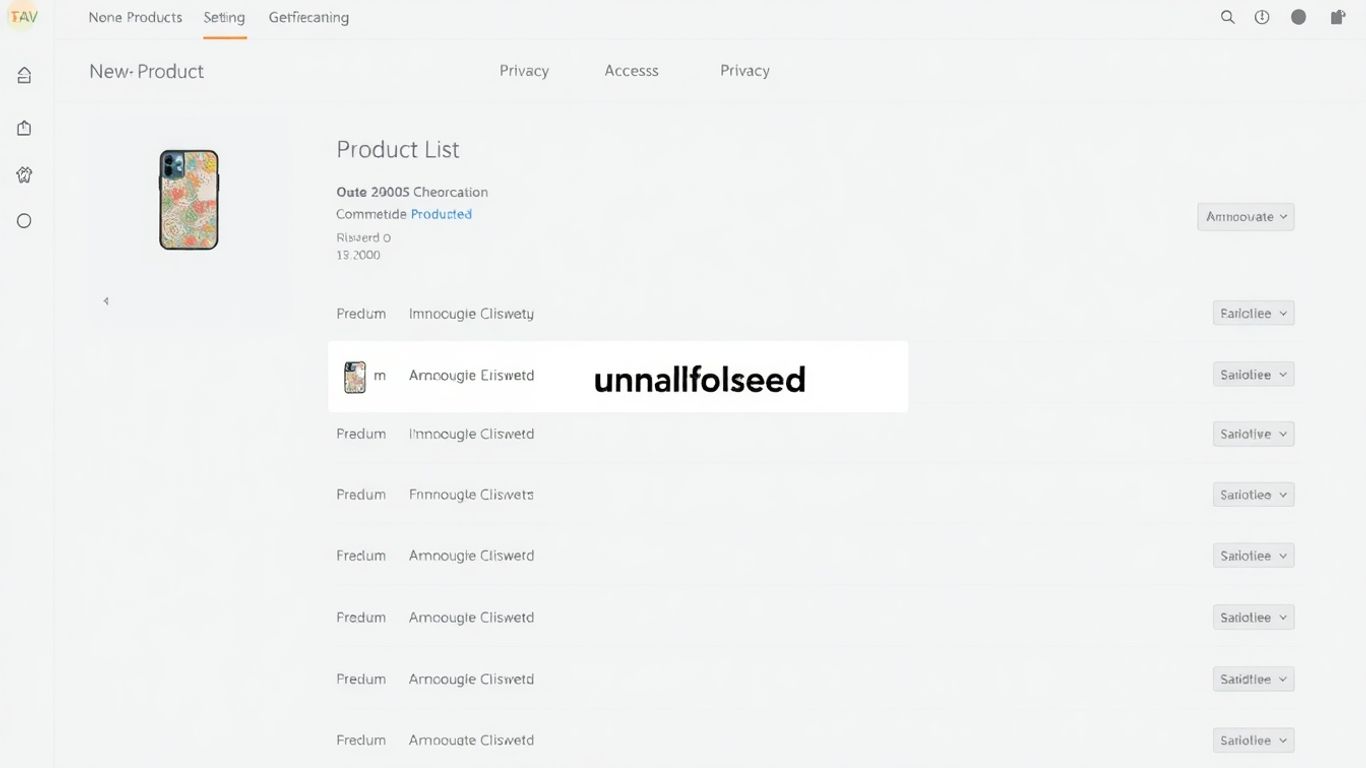E-commerce giant Shopify has taken down a website template following accusations from food influencer Molly Baz, who claimed the design featured an "AI version" of her likeness. The template's imagery bore a striking resemblance to the cover art of Baz's cookbook, "More Is More: Get Loose in the Kitchen."
Key Takeaways
- Shopify removed a website template after influencer Molly Baz alleged it used an AI-generated likeness of her.
- The template's imagery closely mirrored the cover of Baz's cookbook.
- Shopify stated the theme was from a third-party developer and violated their terms.
- The incident highlights growing concerns about AI image generation and potential copyright or likeness infringement.
Allegations of AI Likeness Theft
Molly Baz, a popular food creator with a significant social media following, publicly accused Shopify of using a "sicko AI version" of her to promote new website themes. She pointed out the template's visual similarities to her cookbook's cover, which also features on her website and Instagram.
The disputed template showcased a woman in a red sweatshirt, consuming an onion ring in a butter-yellow kitchen, a scene that closely echoed Baz's own promotional imagery, including the specific hand gesture and the style of the red sweatshirt.
Shopify's Response and Developer Involvement
A spokesperson for Shopify confirmed that the e-commerce platform had removed the theme. They stated that a "third-party theme developer used imagery resembling Ms. Baz without permission, which violates our terms." Shopify assured that they had informed Baz's team and were working with the developer to prevent future occurrences.
While Baz suggested the design was AI-generated, Shopify did not confirm the use of artificial intelligence by the developer, identified as Presidio. Presidio has previously created websites for notable brands. Shopify did not provide further details on its relationship with the developer or whether other Presidio designs were affected.
Broader Implications of AI in Creative Industries
This incident underscores the increasing anxieties within creative communities regarding the proliferation of AI image generation tools. The ease with which AI can create derivative content raises concerns about unintentional or intentional infringement of artists' and creators' publicity rights and artistic styles. Experts note that the vast datasets used to train AI models can lead to outputs that inadvertently mimic existing works or likenesses, posing legal and ethical challenges for both platforms and users.
Sources
- Shopify Pulls Design After Molly Baz Calls It an 'AI Version' of Her, Business Insider.

